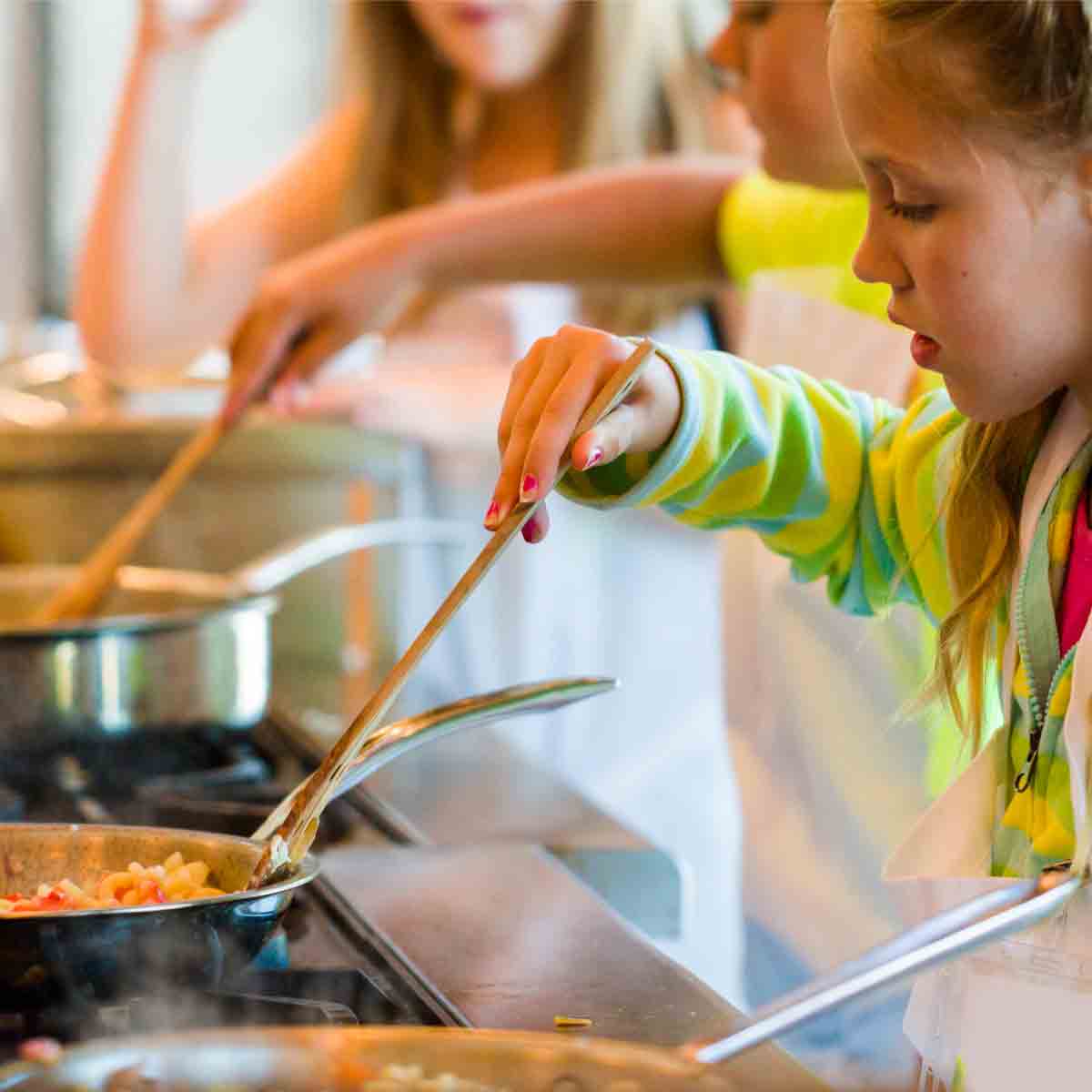Barriers and facilitators to cooking from ‘scratch’ using basic or raw ingredients: a qualitative interview study
According to Lavelle et al. (2016), meals prepared at home still include products with high levels of sugars, fats, and salts (which can negatively influence health). Research has also identified that there is a discrepancy in people’s understanding of cooking-related terminology, which is why this study qualitatively analyzes how individuals define cooking from ‘scratch’. Another aim of this study was to determine the barriers and facilitators to cooking with basic ingredients. Interviews were held with adults (aged 18-58 years) living on the island of Ireland (either Republic of Ireland or Northern Ireland). Although there isn’t a single definition for “cooking from scratch”, the respondents viewed it as optimal cooking. The participants discussed the presence of barriers to cooking such as their want to save money, time pressures, and desire for effortless meals. Moreover, there were facilitators to cooking highlighted during these interviews, including the desire to eat for health and well-being, presence of creative inspiration, individual ability to plan and prepare meals ahead of time, and improving self-efficacy in their cooking ability. These findings suggest that interventions ought to focus on practical sessions to increase cooking self-efficacy. This study emphasizes that to promote cooking from scratch, it is vital to teach how to plan ahead, to batch cook and to freeze foods. [NPID: barriers to cooking, facilitators to cooking, scratch cooking, Northern Ireland, Republic of Ireland, Ireland, British, Irish, UK, healthy cooking, cooking self-efficacy, interventions, cooking from scratch, cooking, money, meal prep, meal preparation]
Year: 2016
 Navigation
Navigation






